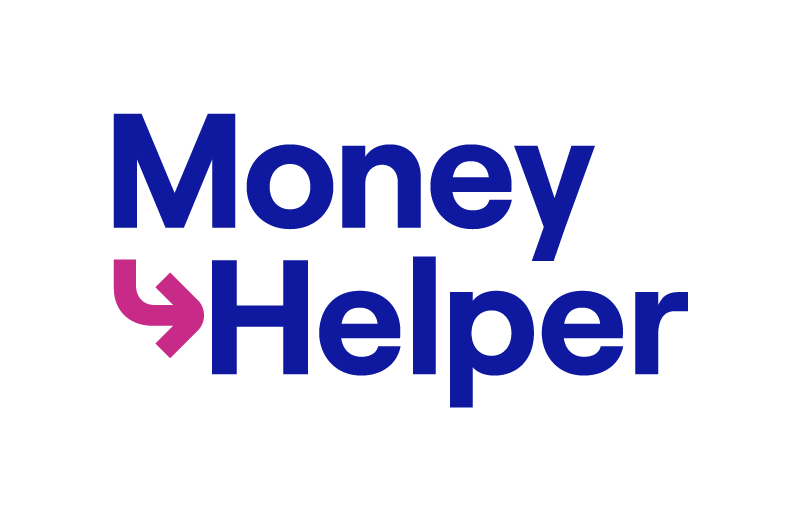How we help you
- September 2012
- August 2012
- July 2012
- June 2012
What's the difference between an IVA and a debt management plan?
If you can't currently meet your monthly unsecured debt repayments, a debt management plan or an IVA (Individual Voluntary Arrangement) may be able to help you. There are a few important differences, however.
Who is it for?
A debt management plan can help you if you are struggling to make your full unsecured debt repayments each month - but you would be able to continue making steady payments if they were a bit smaller.
An IVA could be suitable if you can no longer afford your monthly unsecured debt repayments - and you can't see yourself being able to repay your debts anytime in the foreseeable future. As with a debt management plan, however, you would still need to be able to commit to smaller repayments. IVAs are also aimed at people with quite a lot of debt - often over £12,000 (though this is more of a guide figure than a strict rule).
Are you eligible for an IVA? Find out here.
How much does it cost?
Neither debt management plans nor Individual Voluntary Arrangements have a fixed cost. The amount you pay each month is determined by how much you can realistically afford.
Once you've paid for your essentials each month (things like bills, your mortgage or rent, petrol and food) you may have enough left over to make a debt management plan or IVA a realistic option.
You will be expected to put just about all of this left-over income towards your debt management plan or IVA. Your lenders don't have to agree, but they may be more likely to if they can see that you can't currently afford your original repayments - and that you're offering as much as you can instead.
How long does it last?
A debt management plan will not have a definitive end date: you will simply repay your unsecured debts at a slower pace until they are fully paid off, so the end date could change if your payments go up or down.
Bear in mind, however, that paying back debt over a longer period of time also gives interest longer to build up. This could mean that you end up paying more overall. However, your lenders may agree to freeze interest and charges on your debts.
After five years, an IVA usually finishes, and will write off your remaining unsecured debt, as long as you've fulfilled your side of the agreement. Your lenders will also freeze interest and charges on your debts while it's ongoing - so they won't grow during this time.
To find out more about what happens during an IVA, click here.
What are the drawbacks?
Both an IVA and a debt management plan have disadvantages. For example, both will affect your credit rating for up to six years.
During the final year of an IVA, you may be required to release equity in your home (if you own one).Though there are disadvantages to these debt solutions - as with most debt solutions - they could still be the best way for you to clear your unsecured debts. If you continued to struggle with payments you can't afford, you'd probably experience a damaged credit rating anyway.
By Matthew Plant.

It's good to know:
- We negotiate with the UK's major lenders and retailers
- We pride ourselves on our approach to great customer service
- Each month 1000s of people are benefiting from our help

To find other sources of free advice visit Money Helper. It's here to listen and give free, impartial, trusted guidance. Based around you and backed by government.
Subject to eligibility and acceptance. Fees Payable. Debt write off applies to unsecured debts only and on completion of an IVA, alternative solutions may be offered. If your IVA fails, it could lead to Bankruptcy. Your ability to obtain credit will be affected for at least 6 years. Homeowners may be required to release the equity in their property.